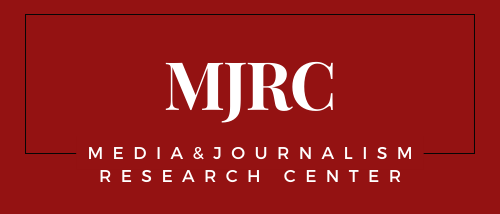Bound by Fear: A New Study on the Impact of Criminal Defamation Legislation on Media Freedom
A new report explores the main international trends related to the use of criminal defamation legislation and its impact on journalists and media freedom, as well as the best practices in Europe.
Criminal defamation legislation, rooted in authoritarianism and autocracy, intolerance of dissenting views and opinions, and distrust of public opinion, is no longer appropriate for maintaining public order or protecting other public interests, according to a new report published today by the Media and Journalism Research Center (MJRC) and the Maharat Foundation.
There is mounting evidence that criminal defamation is generally abused by the powerful to limit criticism, even in countries where it is applied in a moderate fashion. This abuse has a chilling effect on free speech and stifles debate on issues of public interest, according to Andrei Richter, the author of the report.
Over the years, intergovernmental organizations have reached a consensus regarding the complex relationship between the fundamental human rights of freedom of expression and the safeguarding of one’s honor and reputation.
When it comes to defamation cases, the imperative of preserving one’s reputation must be carefully balanced with the broader public interest of fostering a society where individuals can freely express themselves through speech and writing, without the looming threat of legal action and potential financial consequences in the event of unintentional errors or misinformation.
“The experience of countries around the world where criminal defamation laws no longer exist or have fallen into disuse demonstrates clearly that civil defamation laws, along with a variety of self-regulatory and other remedies, suffice perfectly as a means for addressing the problem of harm to reputation,” Richter wrote.
Using these arguments, the report concludes that the sanctions under the Criminal Code of Lebanon are “too severe to be proportionate due to their potentially chilling effect, the potential impact of a criminal record on the individual concerned and the fact that they leave room for court decisions that potentially lead to deprivation of liberty.” Written as part of a project aimed at improving media freedom in Lebanon, the report calls on policymakers in Lebanon to repeal these legal provisions.
The study is available here.
Read more on the project page.
Photo by Tingey Injury Law Firm on Unsplash
Invest in independent media research and join a community of practice.
Your contribution supports MJRC’s investigations and global analysis. As a supporter, you can receive early access to new findings, invitations to small-group briefings, inclusion in our Supporters Circle updates, and the option to be listed on our Supporters Page.
Contribute to MJRC
